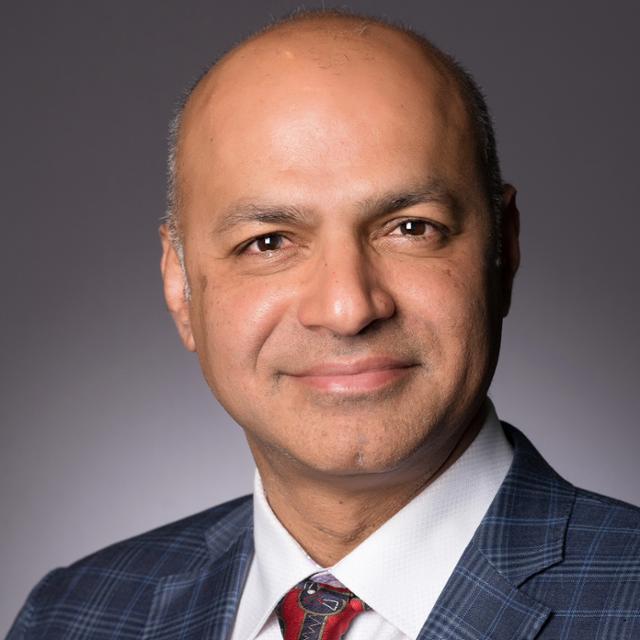The COVID-19 vaccines are becoming more available to the general public and many still have questions about how the vaccines work. TCU and UNTHSC School of Medicine faculty member Dr. Karim Jamal, who is also an Emergency Medicine Physician at Texas Health-Harris Fort Worth with more than 31 years of medical experience. He shares some insight behind the science of the vaccines.
How much protection will the COVID-19 vaccine give me after the first dose? How much more will I be protected after the second dose?
KJ: For the Pfizer vaccine, the trials show it is roughly 52 percent effective around 12 days after receiving the first shot. But that level of protection rises to 95 percent around two weeks after the second dose.
Can a COVID-19 vaccine make me sick with COVID-19?
KJ: No. The two vaccines that are presently being used in the US are RNA modified (in fact that’s where the name Moderna comes from — modified RNA) and have no potential of causing COVID-19. Other vaccines (measles, mumps, rubella, yellow fever) are developed by using a live attenuated agent and in these circumstances, if given to a person with a suppressed immune system, could cause an active infection (or in the case of a pregnant patient be transmissible to the fetus).
Is cost an obstacle to getting vaccinated against COVID-19?
KJ: No, the federal government has secured and paid for hundreds of millions of doses (at $20/dose) of both the Pfizer and Moderna vaccine. The vaccine is free of charge.
Will there be other COVID-19 vaccines developed in the future?
KJ: There are no present plans for this but there is an exciting silver lining with the novel RNA technology used in our present vaccines. The technology will allow a more precise and expeditious manipulation of the vaccine to fine tune for other variants of COVID-19. This will likely – and I’m very hopeful that it will –change other vaccines in the future. For example with the influenza vaccine we may not need to plan months ahead to analyze circulating strains in the Southern Hemisphere and then guess how to constitute our yearly vaccine. The way it is today we’re only 1/2 right with influenza A and not at all right with influenza B. As this virus circulates, it’s picking up escape mutations that change the confirmation of the S protein. The variants that are presently of concern (but will no doubt become more numerous) are the B1.17 (UK variant) P1 (Brazilian variant) and B1.351 (South African variant). Studies have shown that antibodies from immunized people fended off the UK variant just fine. However with the South African strain, the neutralizing power of the antibodies induced by Moderna’s vaccine was reduced six-fold. Presently, Moderna’s scientists are retooling the company’s mRNA sequence to more closely mimic the most significant mutations and plan to test it as an additional booster shot in clinical studies later this year.
After getting vaccinated do I still need to wear a mask and practice social distancing?
KJ: Absolutely. The vaccine is superb in keeping you from getting sick (in the Pfizer trial of the 15,000 patients that were given the vaccine only eight became symptomatic with COVID 19 versus 162 patients in the 15,000 subjects that received the placebo). What we don’t know is whether it keeps people from getting infected in the first place and hence remaining infectious to others.
